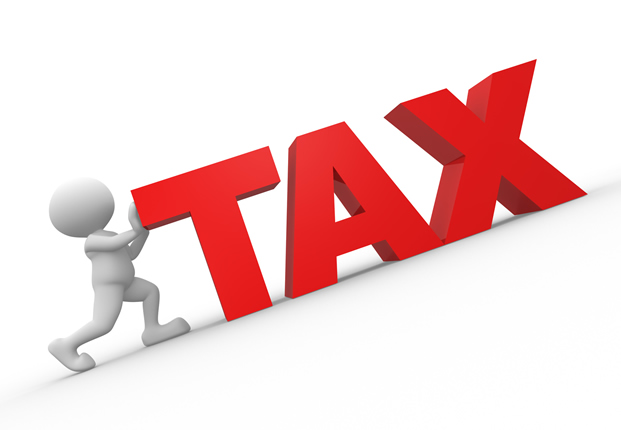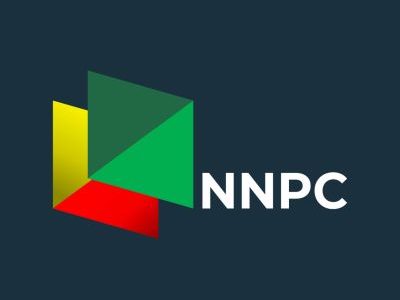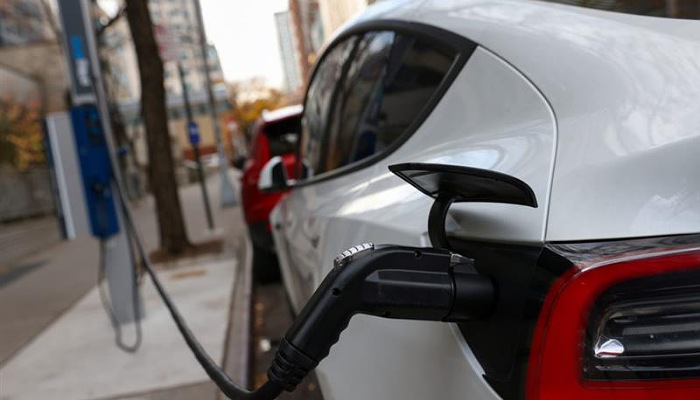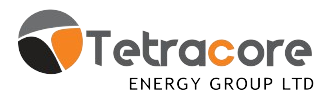
The Federal Government has listed insurance premiums, winnings from lotteries and reality shows among transactions exempted from the new withholding tax regime.
This is according to the Deduction at Source (withholding) Regulations 2024 signed by the Minister of Finance and Coordinating Minister of the Economy, Wale Edun, seen by The PUNCH.
On reality shows and lottery, the document indicated that the exemption applied to “winnings from a game of chance or a reality show with contents designed exclusively to promote entrepreneurship, academics, technological or scientific innovation”.
However, for non-corporate recipients of winnings from lotteries and reality shows not covered by this rule, a five per cent and 15 per cent withholding for residents and nonresidents, respectively, would be applied effective October 1, 2024.
PwC in its review of the new rules, said, “The imposition of WHT on winnings (except for the specific exemptions listed) raises further concerns in the gaming industry; it may be technologically and financially burdensome to implement a solution that is able to account for WHT on certain gaming operations (especially casino activities).
“Operators in the industry generally prefer for taxes to be imposed on their operations as opposed to players’ winnings. There is a risk that gaming and lottery companies could revisit their business models to be competitive against illegal or foreign operators (who do not comply with the regulations).”
Other transactions exempted include compensating payments under a registered securities lending transaction in line with section 81(8) of the Companies Income Tax Act; any distribution or dividend payment to a real estate investment trust or real estate investment company as provided under section 80(5) of the Companies Income Tax Act; across-the-counter transactions as defined under regulation 8 of these regulations.
Also exempted are transactions involving interest and fees paid to a Nigerian bank by way of direct debit of the funds, which are domiciled with the bank, goods manufactured or materials produced by the person making the supply, imported goods where the transaction does not create a taxable presence in Nigeria for the foreign supplier.
Others are “any payments in respect of income or profit, which is exempt from tax; an out-of-pocket expense that is normally expected to be incurred directly by the supplier and is distinguishable from the contract fees, supply of liquefied petroleum gas, compressed natural gas, premium motor spirits, automotive gas oil, low pour fuel oil, dual-purpose kerosene, and JET-A1 and commission retained by a broker from monies collected on behalf of the principal in line with the industry norm for such transactions”.
In terms of remittance of the deductions, the new regulation, stated, “When an amount is deducted at source, the person making the deduction shall submit a return to the relevant tax authority with the evidence of remittance of the amount deducted as may be prescribed by the relevant tax authority from time to time.”
The law added that the submission shall be accompanied by a statement containing the information in respect of the person from whom the amount was deducted, including the name and address, Tax Identification Number, National Identification Number, and RC Number or its equivalent.
Earlier this month, the Chairman of the Presidential Committee on Fiscal Policy and Tax Reforms, Taiwo Oyedele, in a post on his official X handle announced that President Bola Tinubu had approved the new withholding tax regime for the country, with the official gazette expected to be signed in the coming days.
Withholding Tax is a method for collecting income tax in advance, deducted at rates ranging from five per cent to 10 per cent based on the transaction.
Returns are due by the 21st of the following month.







